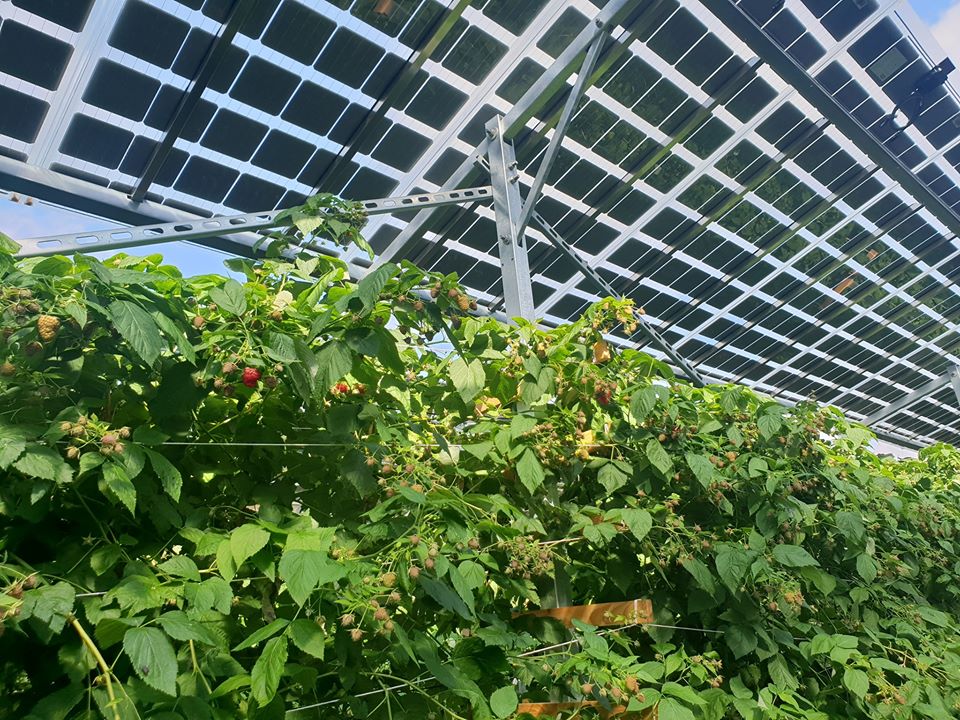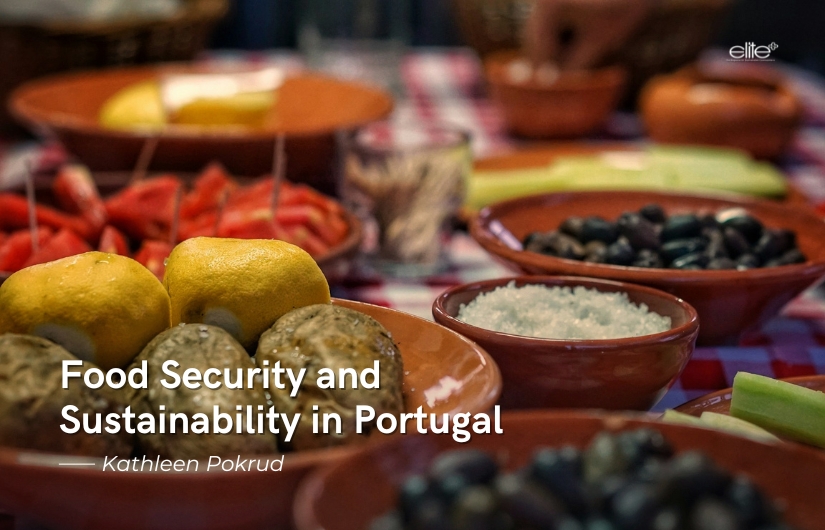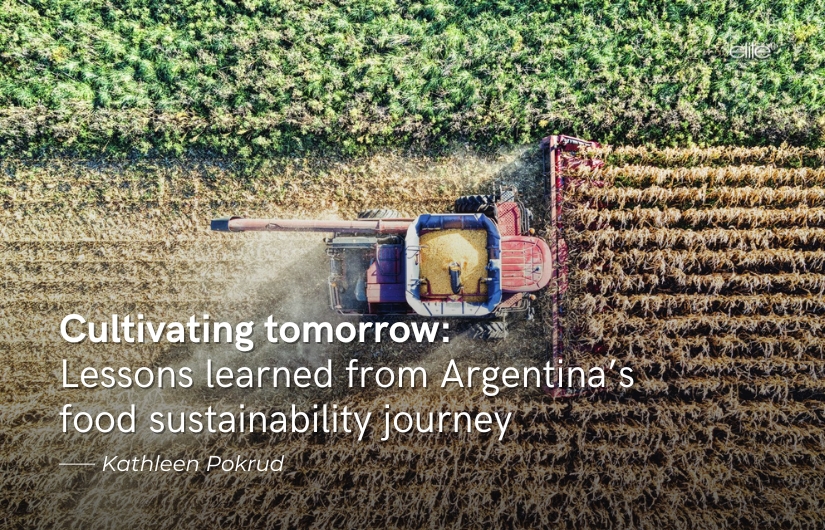Food Security and Sustainability in Portugal
By Kathleen Pokrud
Photo courtesy of The Embassy of Portugal
Food security and sustainability are central to the ongoing discourse about environmental and societal resilience in Portugal. The country, rich in agricultural heritage and diverse ecosystems, faces unique challenges and opportunities in ensuring that its food systems meet both present and future needs. Previously, in the "Global Culinary Stories” series, Portuguese gastronomy was explored (https://www.eliteplusmagazine.com/Article/940/Exploring_Portuguese_Gastronomy). Over the past few years, Portugal has made strides in addressing these concerns, with significant government initiatives, grassroots involvement and international collaboration. However, several hurdles remain in balancing food security with eco-friendly agricultural practices. HE Liuz de Albuquerque Veloso, Portugal’s ambassador to Thailand, discussed the current status and future directions of food security and sustainability in Portugal.

Ambassador Luiz admitted that the issue of food security has become a clear priority for the Portuguese government, especially given the increasing global concerns over the impacts of climate change and unsustainable agricultural practices. “In July 2018, Portugal became the first European country to establish a National Council of Food Security and Nutrition (CONSANP), a multisectoral platform that brings together government, civil society, business and academia. Its goal is to realise the human right to adequate food and ensure policy coherence, social participation and an integrated approach to food security and nutrition. Portugal also collaborates closely with international organizations, like the FAO and the Community of Portuguese Speaking Countries (CPLP), to advance food security and nutrition strategies.”
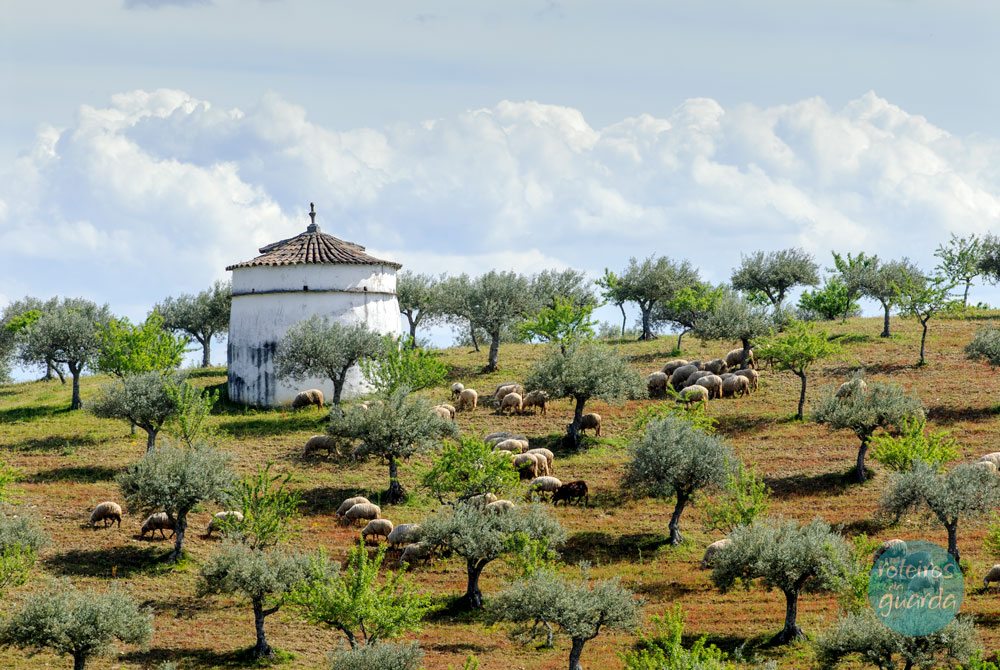
Despite these positive developments, Portugal’s agricultural sector faces significant environmental challenges, particularly when it comes to desertification, soil erosion and forest fires. Ambassador Luiz explained, “The agricultural sector is under pressure to reduce its environmental footprint, especially given that food consumption accounts for about 30% of the country’s ecological overshoot. The transition to sustainable food systems is hampered by gaps in local policy implementation, weak coordination and limited institutional capacity, especially at the municipal level. Additionally, livestock farming is a major source of greenhouse gas emissions, making protein transition a key challenge.”
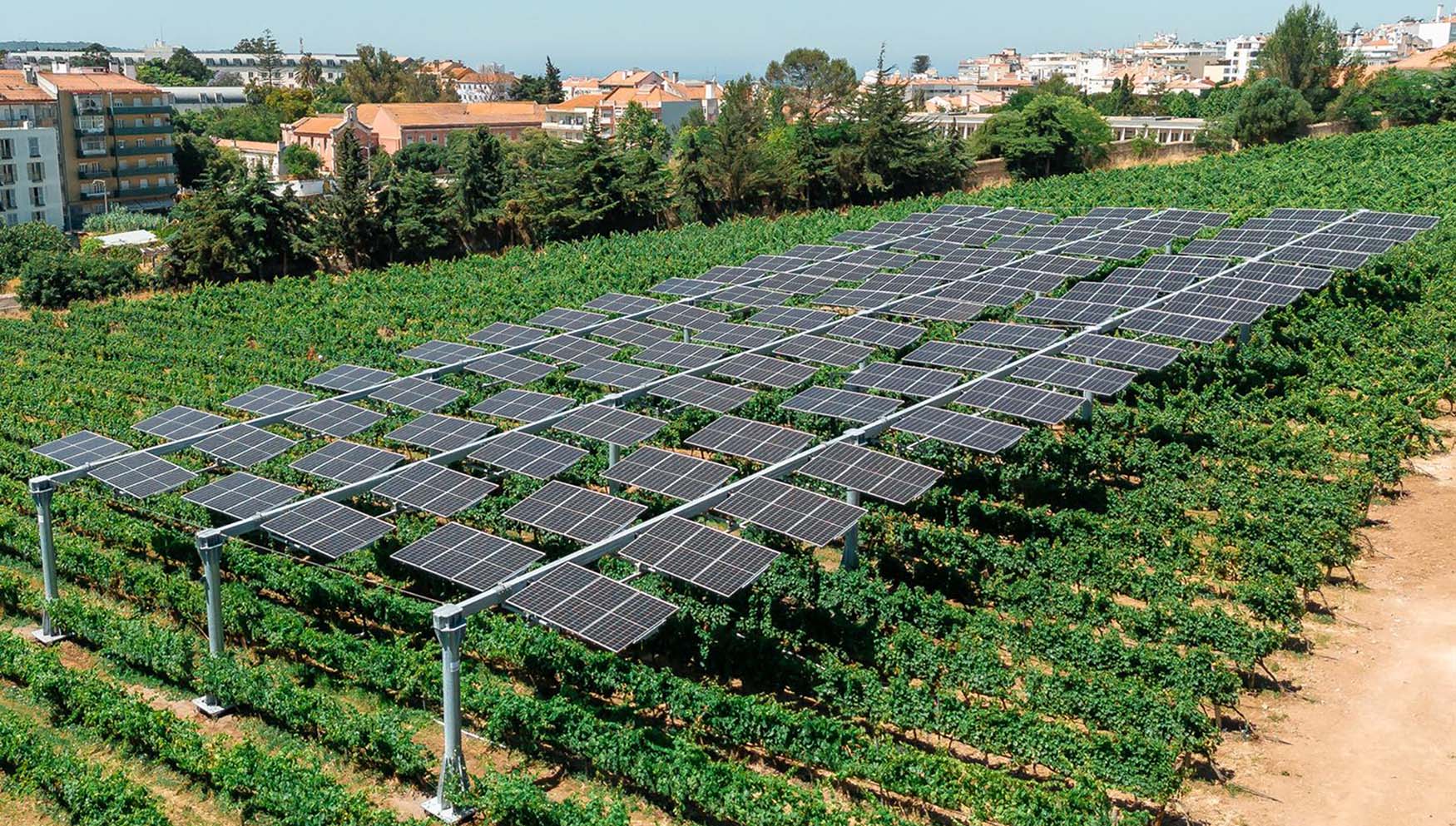
Portugal has taken several important steps to promote sustainable agriculture and food systems, although the complexity of the task requires ongoing commitment and adaptation. Ambassador Luiz elaborated on the key policies that have been implemented. “Firstly, our CAP Strategic Plan is a national plan under the EU’s Common Agricultural Policy (CAP) that aims for over 20% of agricultural land to be certified organic by 2030. With substantial funding allocated to sustainable practices, the country is focusing on carbon sequestration, organic fertilisation and integrated production.
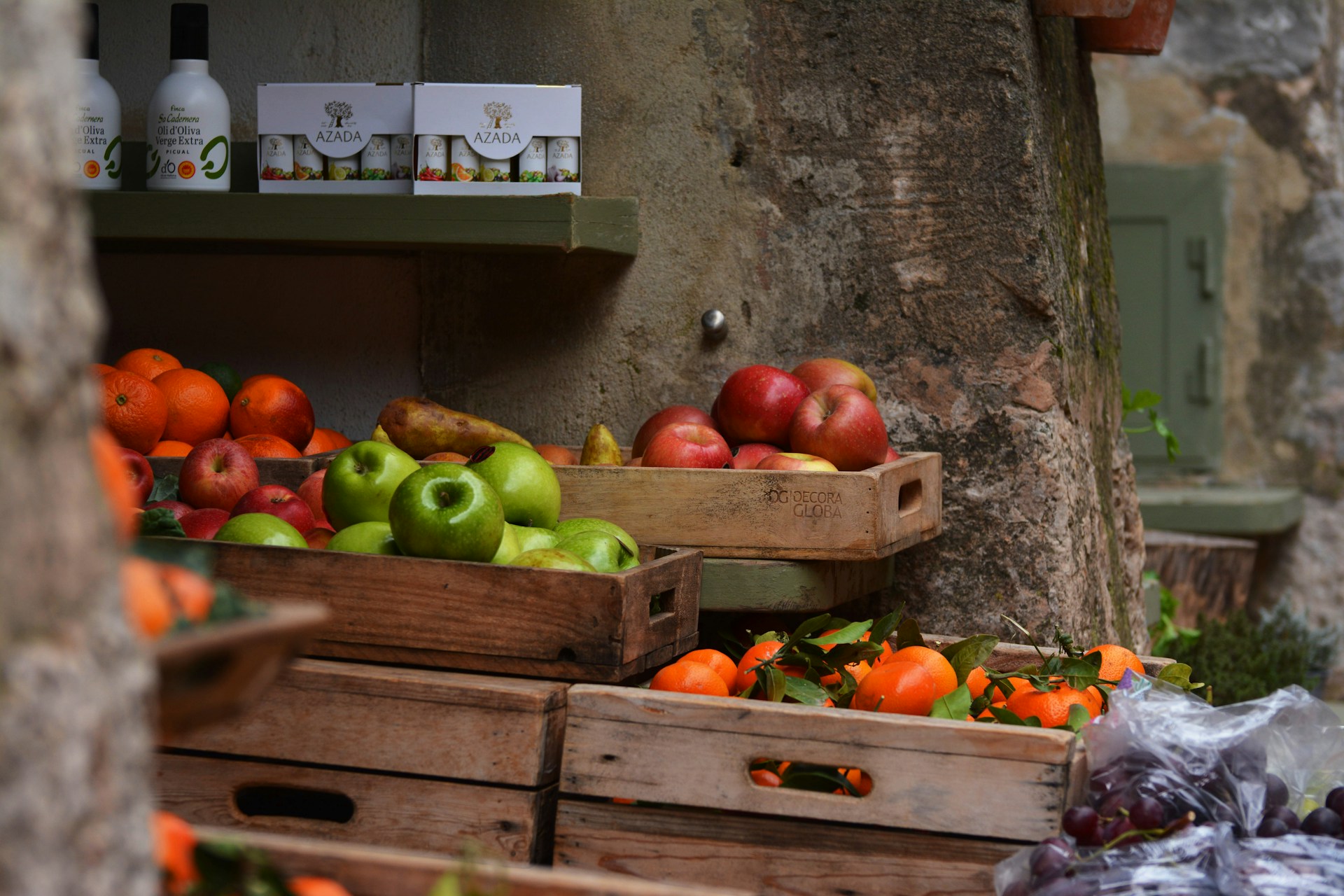
“Then, there is Water and Soil Management, where investments are being made to improve irrigation systems, promote water conservation and enhance soil health. Another policy, Montados Management, provides incentives for the sustainable management of traditional agro-silvo-pastoral systems that are vital for biodiversity and climate resilience.
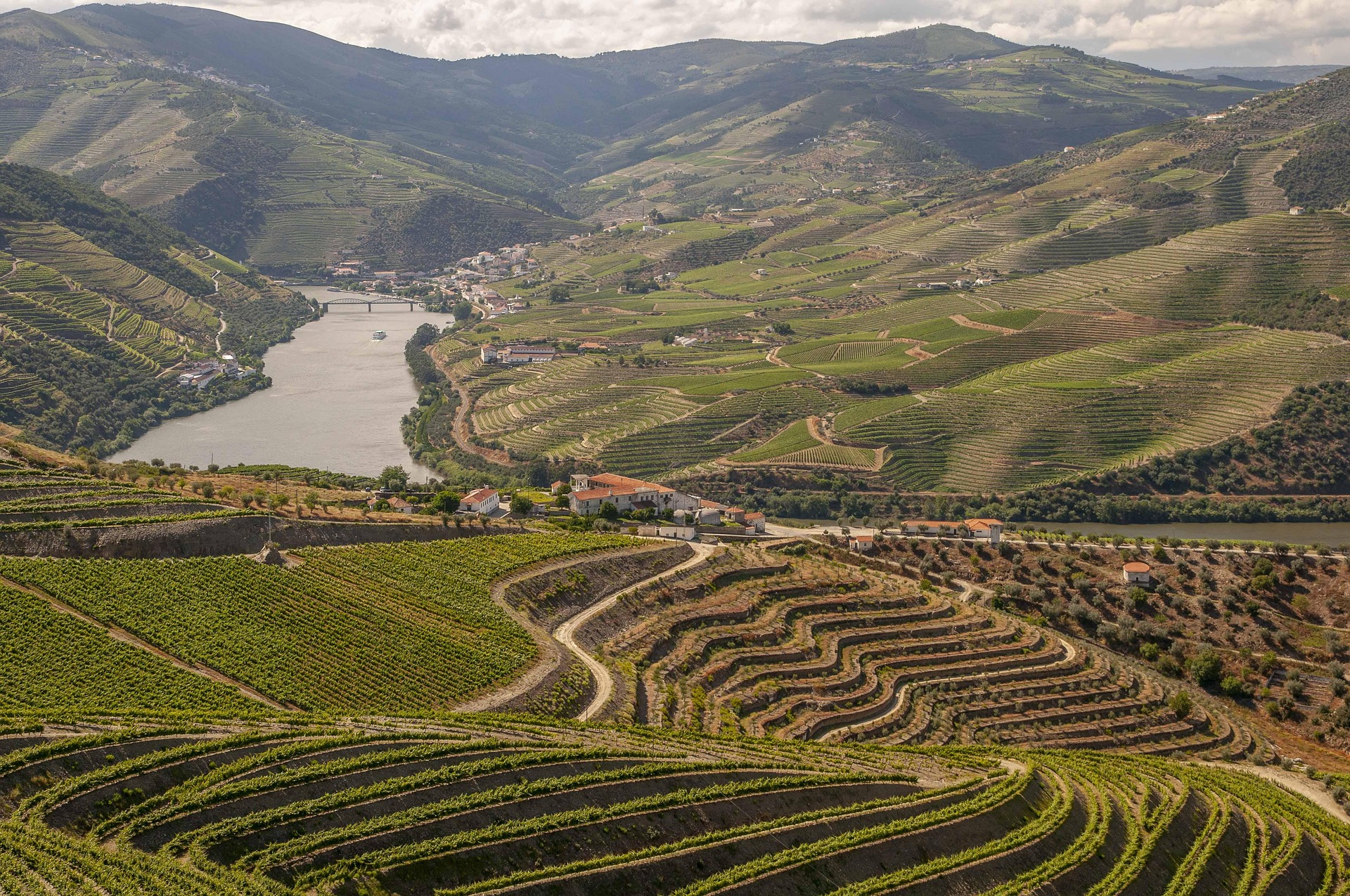
“The National Programme for the Promotion of Healthy Eating (PNPAS) is a program that promotes healthy, sustainable diets; regulates food environments and ensures food aid for the most vulnerable, emphasising the Mediterranean diet.
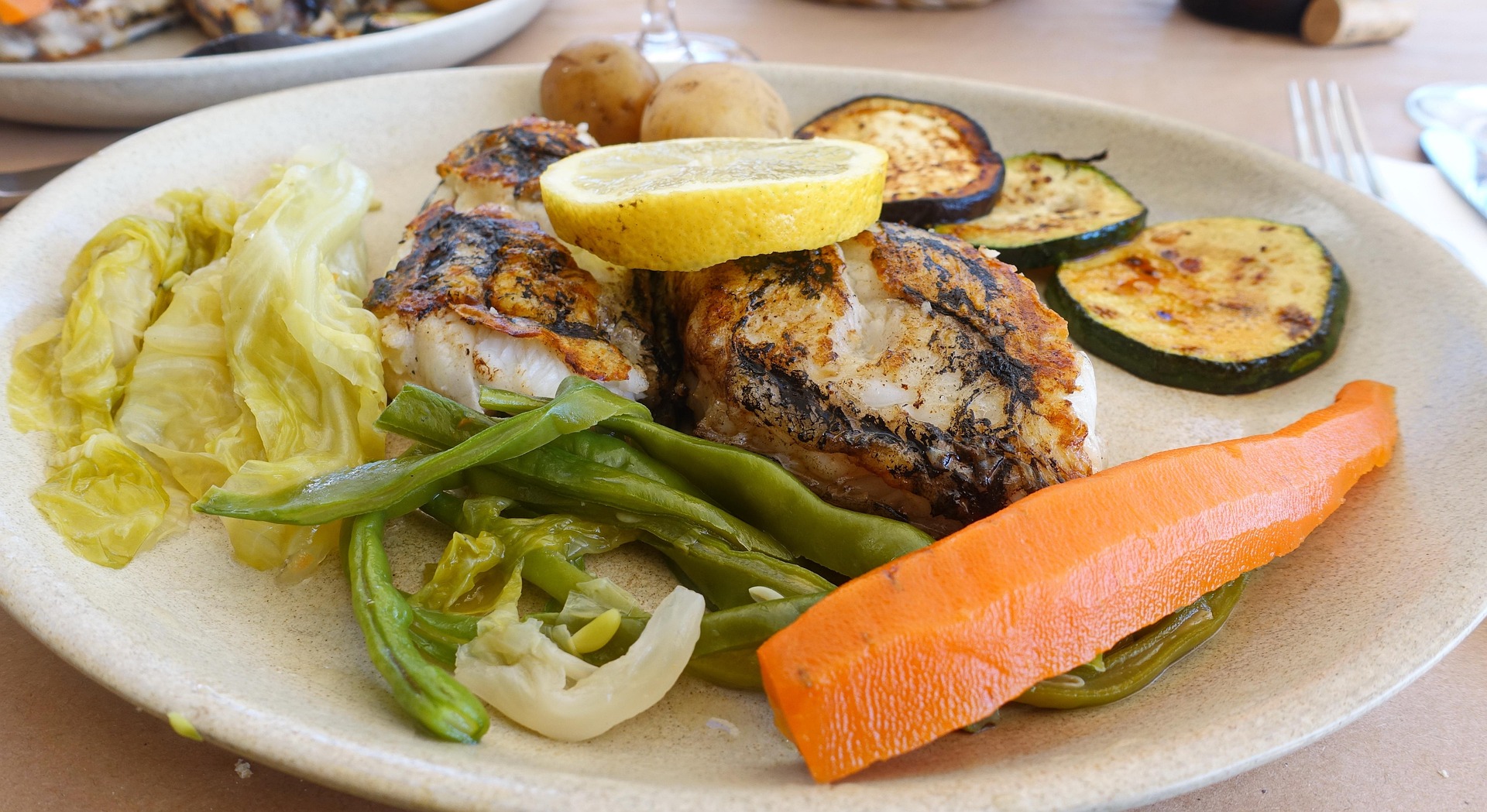
“The government is also developing a national Plant-Based Strategy to promote plant-based protein consumption, reduce meat intake,and lower agricultural emissions as part of its National Climate and Energy Plan.”
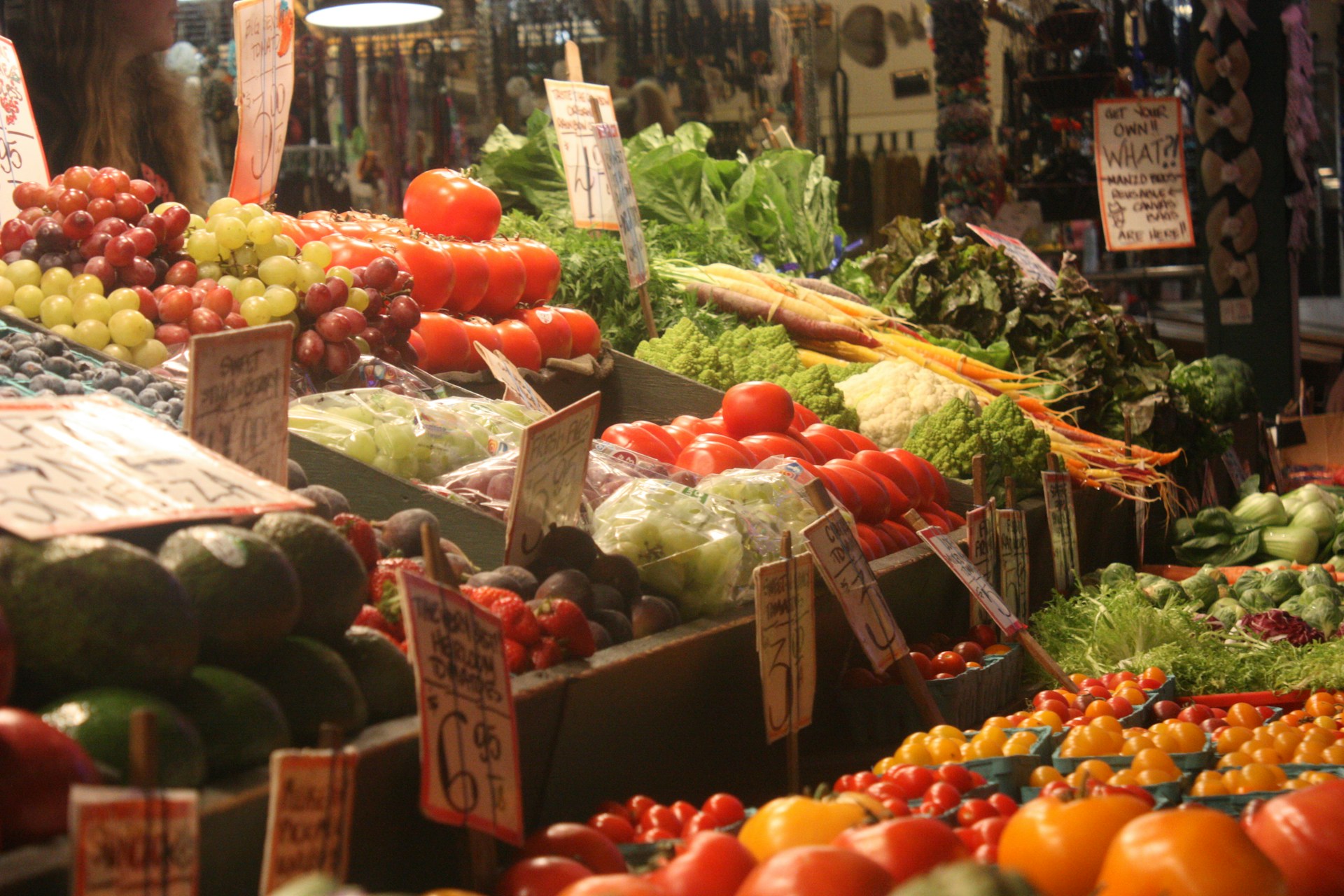
“The push for food sustainability in Portugal is not limited to government policy. There is a strong and growing movement at the grassroots level, with local communities and the private sector playing key roles in advancing sustainable food systems. Initiatives that promote local food production and consumption are gaining traction in various regions of the country.”
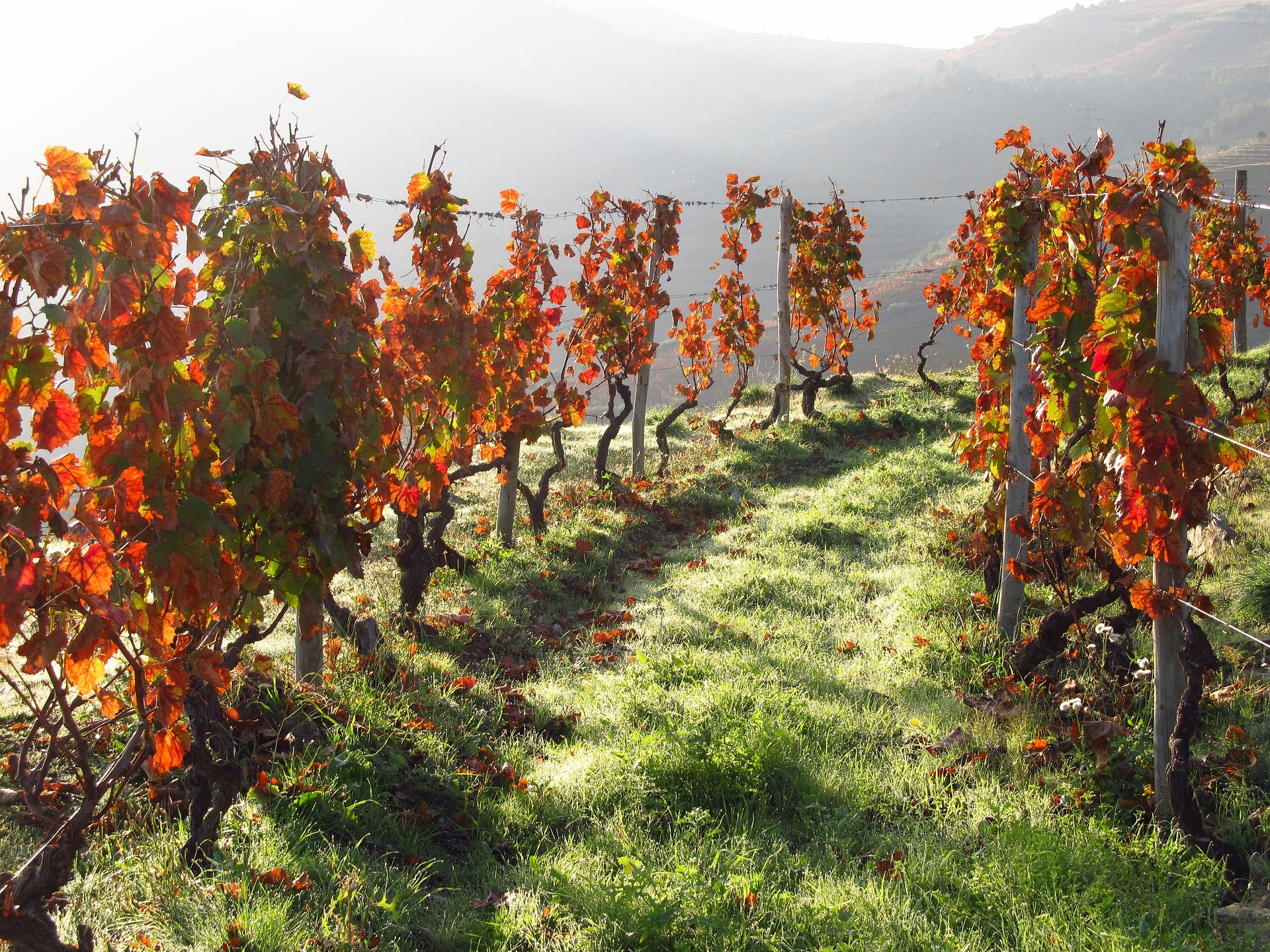
Ambassador Luiz listed some local initiatives. “For example, in regions like Alto Minho, parents’ associations directly purchase food from local producers for school canteens, promoting fresh, seasonal, local food while supporting the rural economy. This initiative not only supports local farmers, but also ensures that children are eating healthier, more sustainable meals.
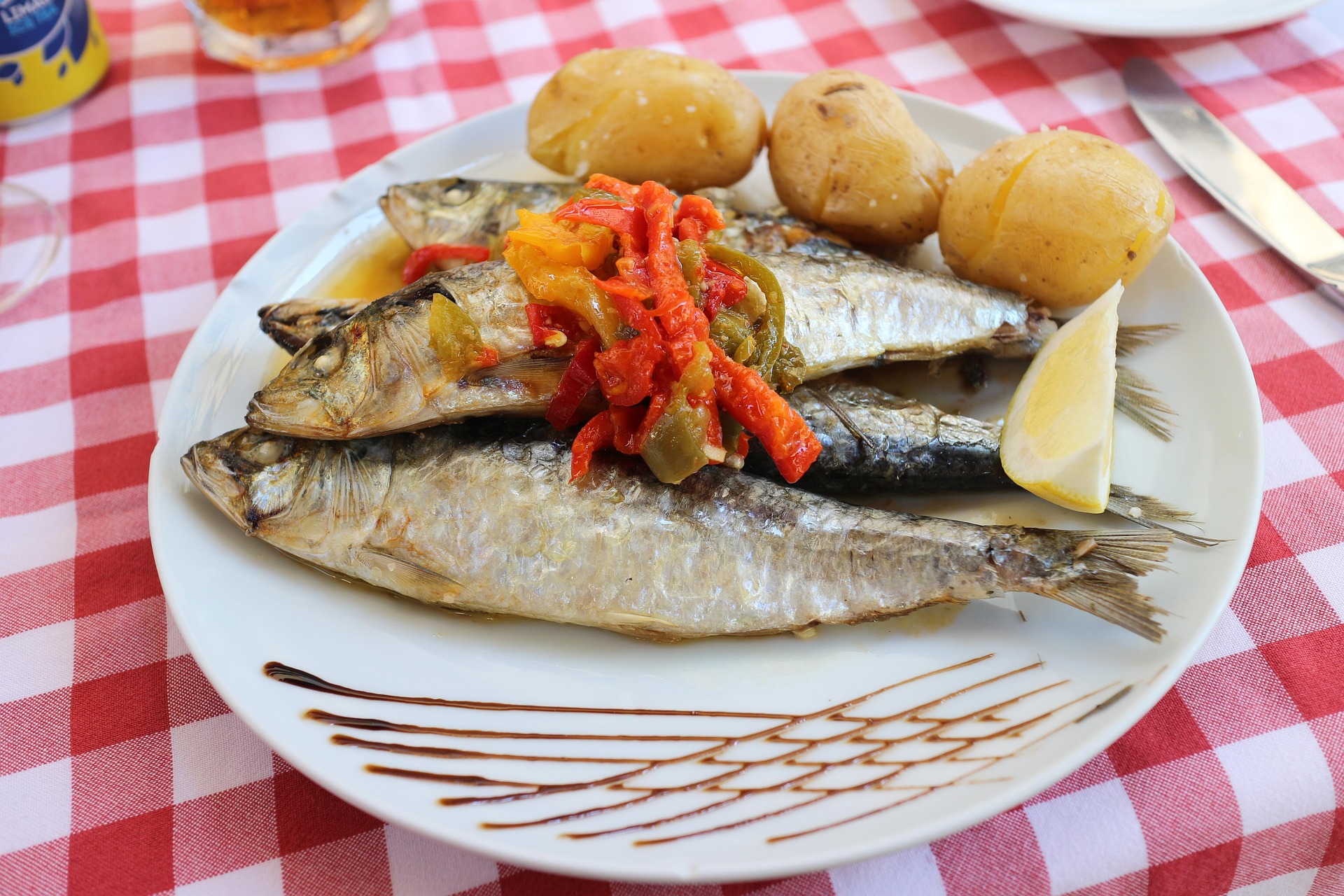
“Moreover, community-driven projects such as the FEAST Project and the KmZero Portuguese Food Innovation Hub are fostering local innovation in sustainable food production and healthy diets through community-driven approaches.
The civil society organization, ProVeg Portugal, has been a key advocate for plant-based diets, working to influence both public opinion and national policy. Through its efforts, ProVeg has helped raise awareness about the environmental benefits of reducing meat consumption as well as successfully influenced the development of the national plant-based strategy.”
Looking ahead, Portugal is considering several new initiatives and innovations that will shape the future of food security and sustainability in the country. Ambassador Luiz shared some of these initiatives that are underway or being planned. “The first is the Expansion of Organic Farming. The CAP Strategic Plan targets a tripling of organically farmed land by 2030, with streamlined certification and increased financial support for farmers. The second strategy is Digitalization and Precision Agriculture, whereby the government is promoting the adoption of digital tools and GIS technologies to enhance farm efficiency and sustainability. Another strategy worthy of mention is Short Food Chains. The national plant-based strategy includes measures to strengthen short supply chains, reducing food miles and emissions. Lastly, on Research and Innovation, there is ongoing investment in R&D, particularly in organic and regenerative agriculture that aim to bridge the gap between innovation and on-farm application.”
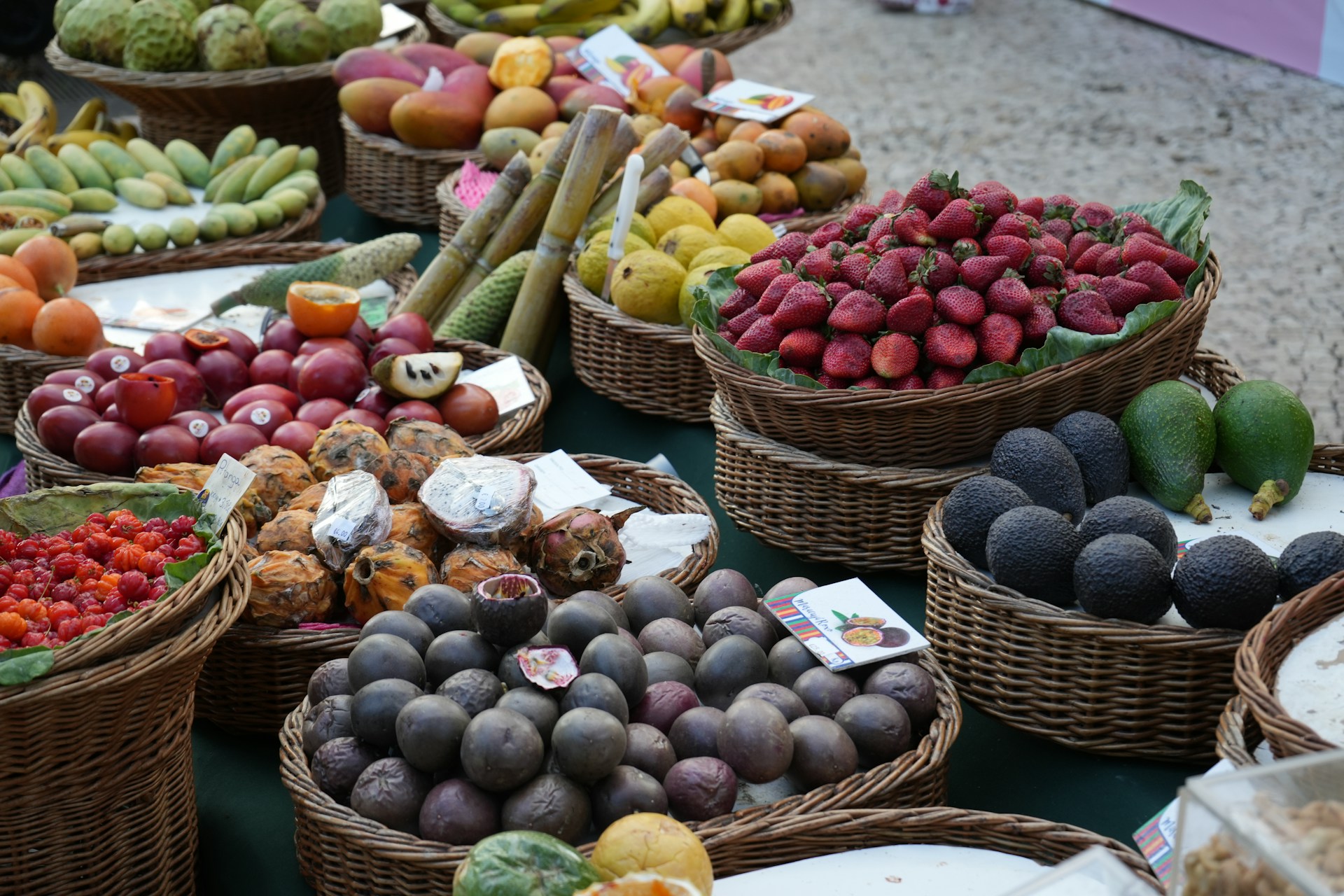
On a regional and global level, Ambassador Luiz commented, “Portugal’s approach is increasingly aligned with broader European and global sustainability goals such as the European Green Deal. Now, I just wonder how our country’s efforts to promote sustainable agriculture, healthy diets and food security can possibly serve as a model for integrating environmental, economic and social objectives. By fostering collaboration between government, civil society and the private sector, Portugal is building resilient food systems that can adapt to climate change and support rural communities. Continued knowledge exchange with international partners will be crucial for scaling up successful practices and addressing shared challenges.
“Portugal aims to create a more resilient, productive, and sustainable agricultural sector that can meet the challenges of the 21st century while preserving its rich agricultural heritage.”
In conclusion, Portugal is actively addressing food security and sustainability through comprehensive policies, community engagement and forward-thinking strategies, though challenges remain in policy implementation and environmental adaptation. The country’s ongoing initiatives and future plans reflect a strong commitment to responsible stewardship of food systems for both people and the planet.
